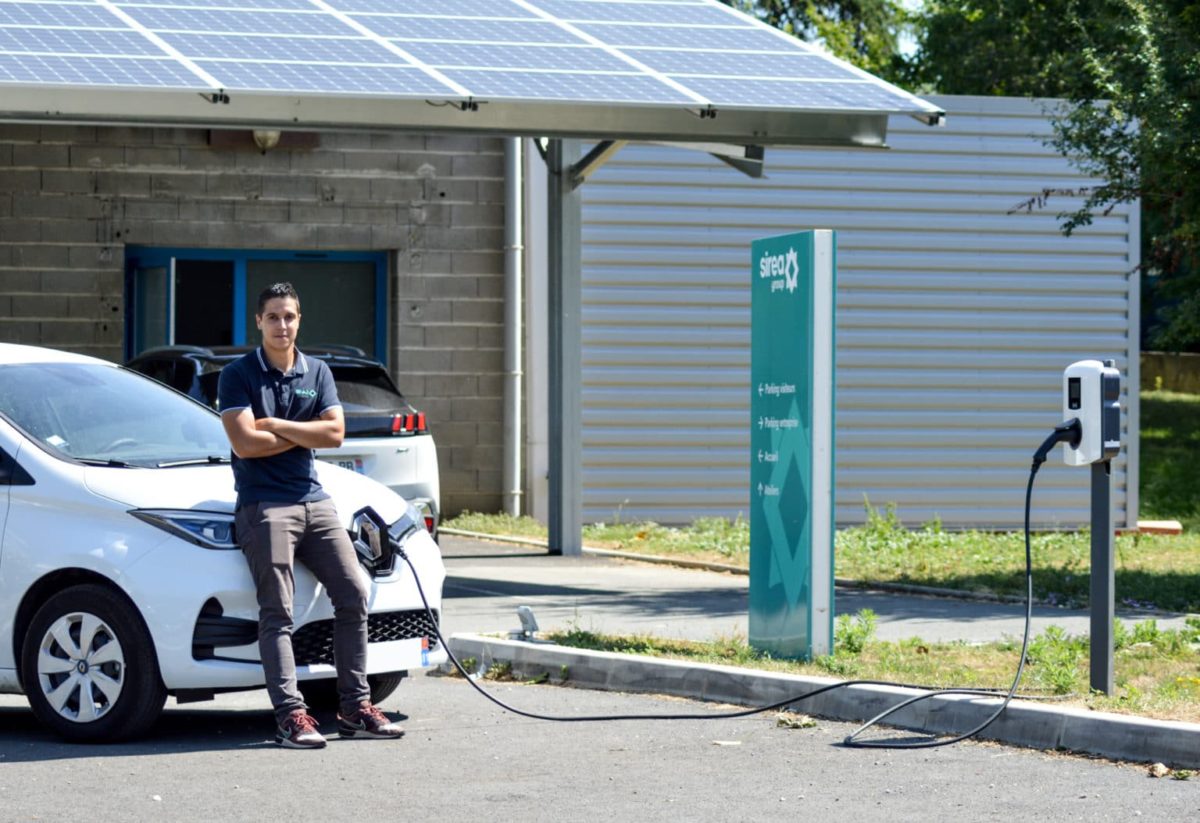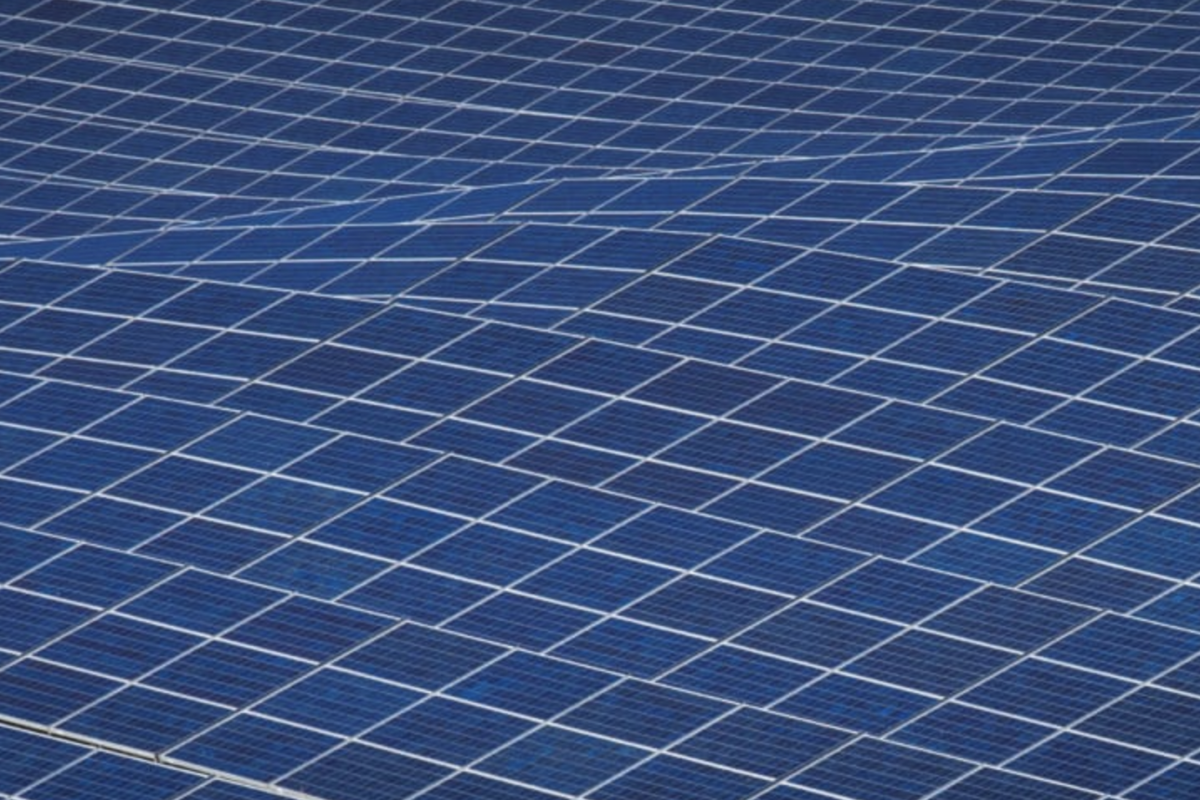From pv magazine France
French automation company Sirea has installed, last year, a 21 kW solar carport for self-consumption at its facility in Castres, southern France. The installation, which was partially funded through a program for solar self-consumption promoted by the Occitanie region, is also being used for the recharging of the company's electric vehicle fleet.
Furthermore, the solar carport's self-consumption rate was optimized by linking it with 40 kW of recycled batteries provided by French specialist Phenix. This storage technology allows the company to rely on short-term storage to quickly recharge its electric vehicles without increasing the share of power taken from the electricity network.
This system configuration has now been further modified by Sirea with the addition of long-term and inter-seasonal hydrogen storage. The energy management specialist has integrated a 430 W electrolyzer to convert the surplus energy from photovoltaics into hydrogen. Up to 80 kWh of electrical energy in hydrogen, at 10 bars, can be stored. So, on days of low solar production, the system's fuel cell will de-stock hydrogen to provide the electricity needed for the building and vehicles.
“Today, the challenge for Sirea is to show that beyond technical feasibility, the compatibility of renewable energies with cleaner ways of storing energy is possible either with second-life batteries or hydrogen,” the company's CEO, Bruno Bouteille, stated. “There is a certain complementarity between these different storage technologies.”
To interact with the hydrogen storage and convey the surplus PV power towards the electrolyzer or use the fuel cell, Sirea will use its own smart management system, called SmartEMS. This controller, designed for energy management, is already fitted to several photovoltaic installations for controlled self-consumption but this will be a first for the connection of a hydrogen storage system.
This content is protected by copyright and may not be reused. If you want to cooperate with us and would like to reuse some of our content, please contact: editors@pv-magazine.com.




By submitting this form you agree to pv magazine using your data for the purposes of publishing your comment.
Your personal data will only be disclosed or otherwise transmitted to third parties for the purposes of spam filtering or if this is necessary for technical maintenance of the website. Any other transfer to third parties will not take place unless this is justified on the basis of applicable data protection regulations or if pv magazine is legally obliged to do so.
You may revoke this consent at any time with effect for the future, in which case your personal data will be deleted immediately. Otherwise, your data will be deleted if pv magazine has processed your request or the purpose of data storage is fulfilled.
Further information on data privacy can be found in our Data Protection Policy.